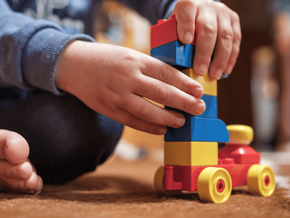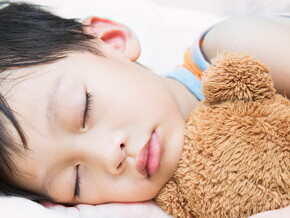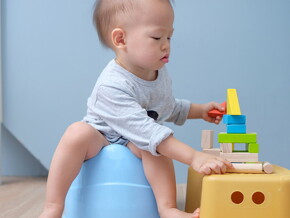
Sibling Rivalry
Siblings who are closer in age or who have many of the same interests tend to compete more.
Sibling rivalry - it's all part of growing up
Sibling conflict is inevitable and quite normal. Of course, all parents dream of a wonderful relationship amongst their children, but disagreements are unavoidable between siblings. Children are likely to fight over toys and tease one another. Here's a guide of what to expect and when:
For ages 1-3 years
Children under the age of 4 depend on their parents a lot and find difficulty in sharing things with their siblings.
Age 4 and up
Competition between brothers and sisters can heat up as they grow older. Siblings who are closer in age or who have many of the same interests tend to compete more.
The older child vs. the younger child
As the younger child grows older and develops more skills and talents, the older child may feel threatened or embarrassed by the younger one. This can lead to unnecessary competition or aggression from the older child. Meanwhile, the younger child tends to become jealous about the privileges that big brother or sister gets as he or she gets older. An older sibling's competitiveness and aggression can come as a surprise to the younger child and lead to returned hostility. It's important not to get too upset when your children are jealous of each other, especially if the older child is a preschooler. It takes time for a youngster to learn that his parents do not love him or her any less.
Here are six ways to handle conflict between your children:
1. Allow your older child to help take care for the younger one. Helping to feed a child or change a diaper can strengthen the relationship between siblings.
2. Don't compare. Avoid pointing out your children's differences in front of them. Your child might interpret comparison as criticism.
3. Stay out of your children's arguments. You may have to step in and settle a spat between toddlers or preschoolers, but older children will probably settle an argument themselves if left alone.
4. Violence is unacceptable. Make sure your children are made aware that you will not stand for any violence between them.
5. Don't punish one child in front of the other. When it's necessary to punish or scold your child, do it alone in a quiet, private place.
6. Set aside areas for each child. Give your children - especially the older one - space. Keep each child's own personal things apart from shared ones.
Disclaimer: This content is shared for informational purposes only and not intended to be a substitute for professional/medical advice, diagnosis, or treatment. We recommended that you always seek the advice of your healthcare professional for any questions you may have regarding a medical condition/specific situation.


















